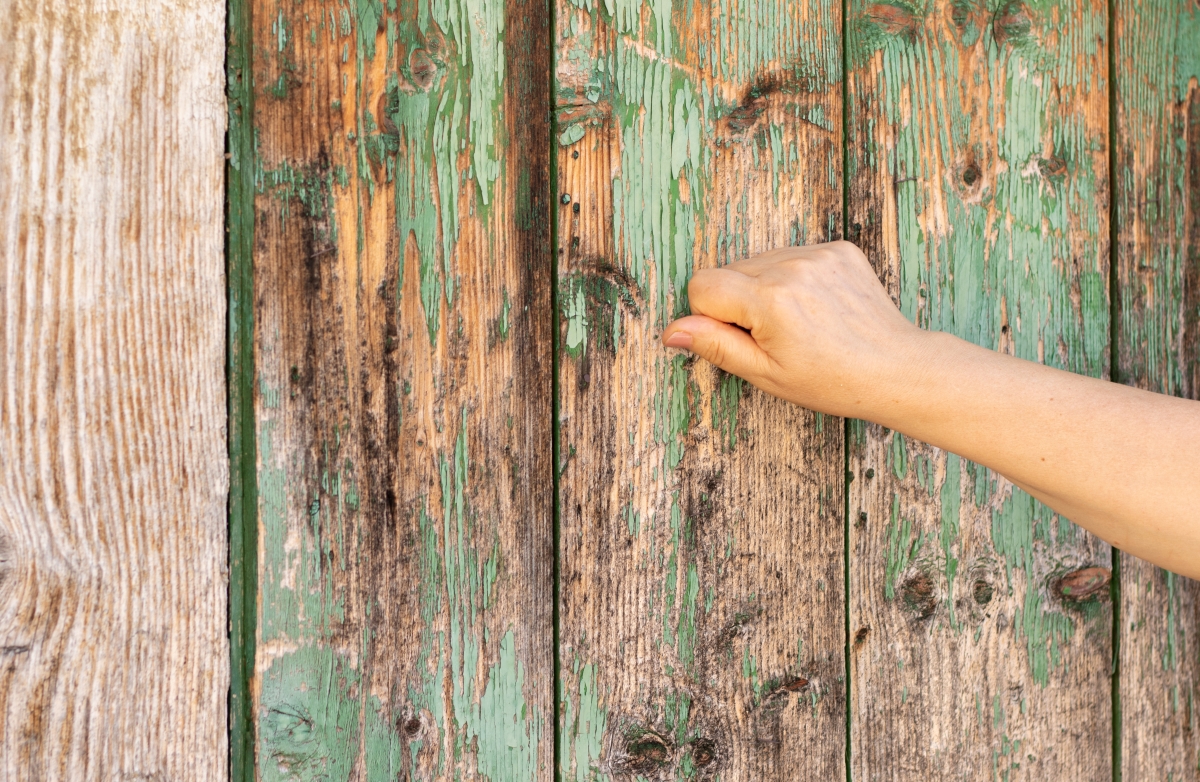The psychology of superstition
The psychology of superstition
Step on a crack, break your mother’s back. Don’t let a black cat cross your path. Avoid the number 13 at all costs.
These are common superstitions that many of us may not think twice about. But, for UNI Professor of Psychology Carolyn Hildebrandt, these ideas fascinate her. She’s been looking into questions such as “why are people superstitious?” since 2017 and continues to engage in these questions with her students. Hildebrandt answered some questions about her research and common superstitions, just in time for spooky season.
Tell me about your interest in the psychology of superstition.
I first got interested in this when I was looking for a study abroad course to teach in London in 2017. I revived a class called Science and Pseudoscience: Critiquing the World Around You that was developed by two of my colleagues and turned it into a class I could teach in London. One of the topics I got interested in was superstition.
While getting ready to teach the class, I got to know Dr. Chris French, a professor of psychology at Goldsmiths College, University of London who was doing work on something called anomalistic psychology. It's not a well-known field, but basically it's the study of unusual experiences and behaviors, including those that are often labeled as paranormal. Its goal is to to explain these experiences without assuming they're paranormal, but instead by using known psychological or physical factors to provide non-paranormal explanations. So the sorts of things he was interested in were ghosts, alien abductions, astrology, psychic healing, ESP. Since then, I’ve included these topics in my Psychology of Science and Pseudoscience class both here at UNI and in London.

What are superstitions?
According to psychologist Stuart Vyse “superstitions are a subset of paranormal beliefs that are pragmatic,” meaning you can put them to use, and they're used to bring about good luck or to prevent bad luck. Basically, according to Vyse, they’re ways of controlling the uncontrollable in our lives.
Why are people superstitious?
Stuart Vyse did some work on this. There are three basic ways people acquire superstitions. One is through being directly taught. So you look at little kids like in kindergarten or first grade, they're telling each other, “Don't step on a crack. You'll break your mother's back.” I think it'd be hard to come up with that by yourself. That's taught. Then parents will directly teach some superstitions, because, I guess they themselves believe that maybe it's bad luck to walk under a ladder or open an umbrella in the house, those sorts of things.
Superstitions can also be learned through observation and imitation. So you don't have to be told directly, but you may see somebody knock on wood, for example. They don't say you have to knock on wood. They just do it, and then we imitate each other.
Then there's a third way, which particularly interests me. It's through what's called accidental conditioning. These are personal superstitions that no one else may even have. Someone will do something, and then something good or something bad will follow, and they'll just connect the two events: the action and the consequences. In psychology, this is called operant conditioning. You hear about these kinds of superstitions in sports. Someone might have lucky socks or a lucky hat or even a lucky meal or lucky song or just some sort of ritual, and those can be quite personal, and it's just an accidental conditioning where you create a cause and effect that most likely isn't there.
At what age do people typically start developing superstitious behaviors?
I never really asked myself how young this starts, but I've observed superstitions in kids as early as preschool.
Did you know? The history of superstitions
Knock on wood
“That is a very old superstition. It probably dates back thousands of years. Vyse thinks it can be traced to when people worshiped the spirits in trees and thought the wood was alive, so knocking on a tree would wake it up.”

The number 13
“That can be traced maybe to the Last Supper, where there were 12 apostles plus Jesus. The 13th person betrayed Jesus, so this led to the idea of not wanting to have 13 seats at a table or not wanting to have a 13th floor on a building. People think that it’s bad luck.”

Knock on wood
“That is a very old superstition. It probably dates back thousands of years. Vyse thinks it can be traced to when people worshiped the spirits in trees and thought the wood was alive, so knocking on a tree would wake it up.”

The number 13
“That can be traced maybe to the Last Supper, where there were 12 apostles plus Jesus. The 13th person betrayed Jesus, so this led to the idea of not wanting to have 13 seats at a table or not wanting to have a 13th floor on a building. People think that it’s bad luck.”

Are there any biological or neurological factors linked to the tendency to engage in superstitious thinking?
There's not that much difference between various groups, but if you were to compare males and females, females tend to be a little bit more superstitious than males. We could call that biological, but it might be sociological. If you think of superstition as a way to control the uncontrollable, and you look at the status of females in many societies, they don't really have as much power as men in many cases. So you can maybe say that females would be a little bit more superstitious than men.
People who are depressed tend to be more superstitious. People who are anxious tend to be more superstitious, and people with low self-esteem tend to be more superstitious. Now, you can't say that those are necessarily biological, but depression can run in families. It can be situational, or it can be something that is biological and needs to be treated. One thing people sometimes ask is: is superstition a sign of mental illness? No, but some people with mental illness are superstitious.
How do superstitions affect us?
Sometimes superstitions can be harmful. Harmful superstitions would include those that lead people to use untested medical treatments to cure serious illnesses or to gamble their life savings away.
But some superstitions can actually help people. It helps calm them down. For example, let’s say you’re afraid to get on stage and perform a musical piece. But you have a superstition that helps calm you down. There are certain rituals that people engage in that aren't superstitions at all. They don't think that they are magic at all. They are just repetitive actions that help them focus and calm their nerves.
Have superstitions decreased in modern, scientifically driven societies, or have they simply changed in form?
I don't really know the answer, but I would say that some superstitions have lasted for a very long time, like knocking on wood. Some people just do it to be humorous. Some don't really believe it, but some people might. So if these superstitions have lasted for thousands of years, I would say modern science hasn't really touched them at all.
The best way to deal with superstitions is to think critically and pay attention to evidence. People who give up their superstitions do so because there is no mechanism that explains them and there is no evidence that they work.




